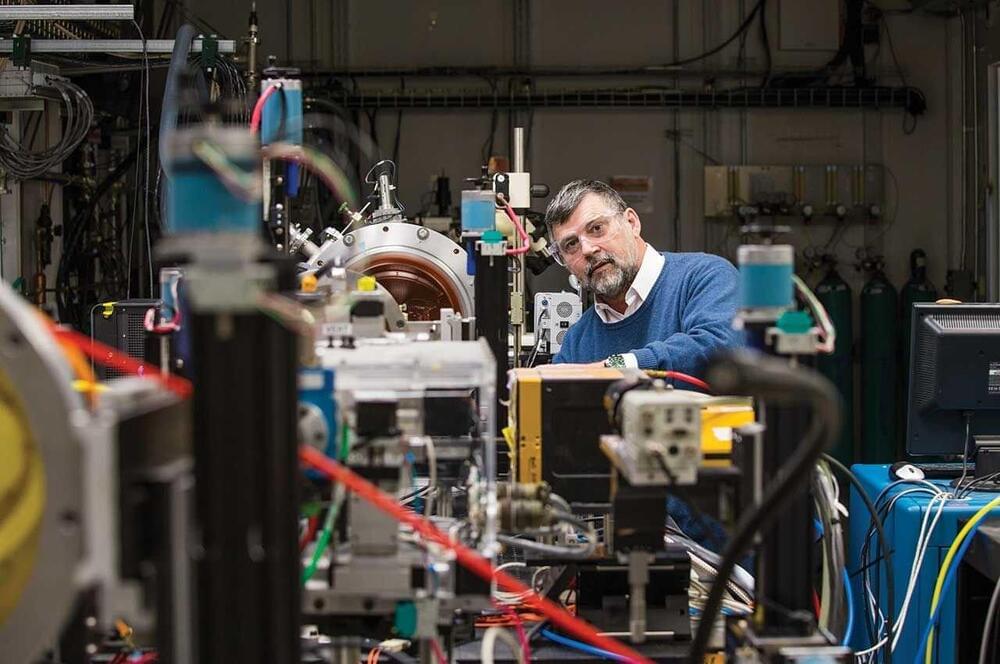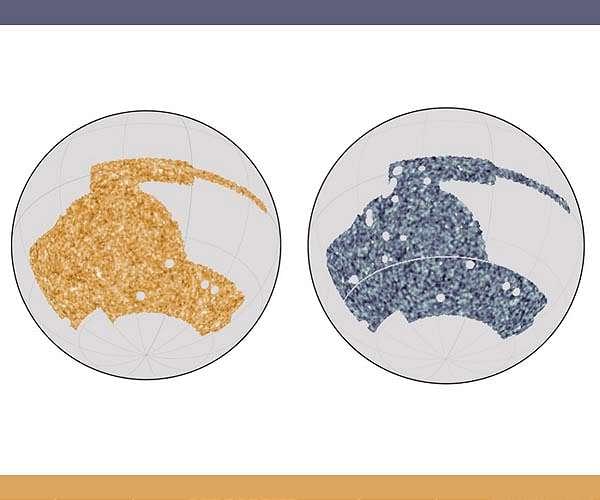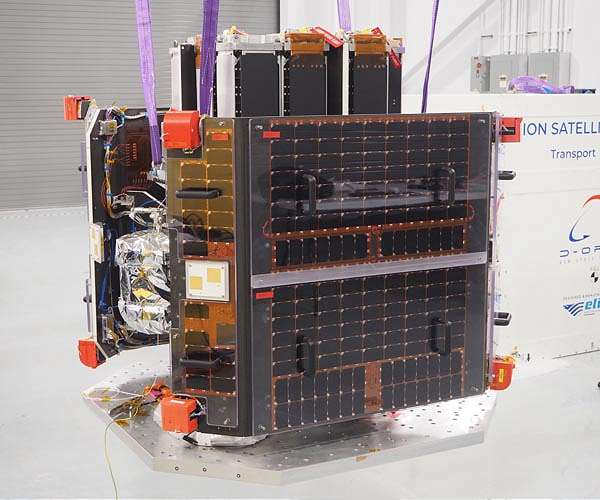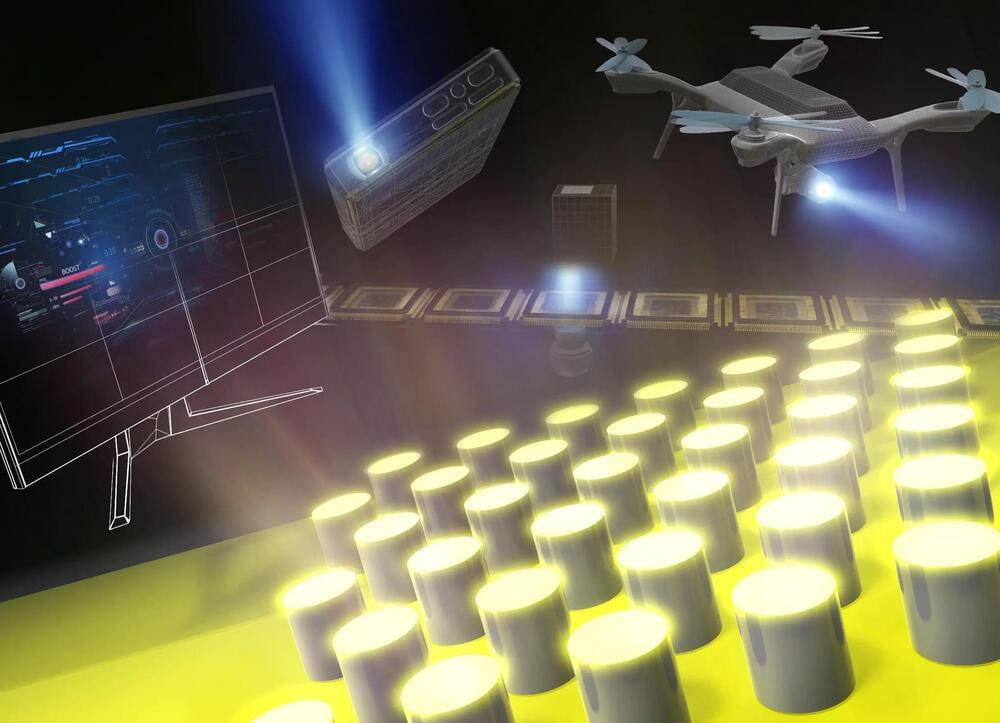Rogue Putin is the biggest risk of 2023. Here are the other 9, explained by global political expert Ian Bremmer.
Read more of Eurasia Group’s top risks for 2023 ► https://www.eurasiagroup.net/issues/top-risks-2023
Today’s world is facing large-scale problems, from wars to water shortages to a looming global recession. It’s not easy to accurately conceptualize the risks posed by these issues. This is especially true when people on social media or in the news inaccurately overblow certain problems and discount others, or when problems become so emotionally or politically charged that it seems impossible to work toward a solution.
That’s one reason why the Eurasia Group publishes a detailed analysis of the top risks facing our world each year. As political scientist Ian Bremmer explains, the top risks for 2023 include water stress, inflation shockwaves, and the uncertain future of a “rogue Russia.”
Bremmer is the founder of Eurasia Group, an organization that for 25 years has been using political science to help investors and corporate decision-makers better understand how politics impact risks and opportunities in foreign markets.
0:00 What is the global risk report?








